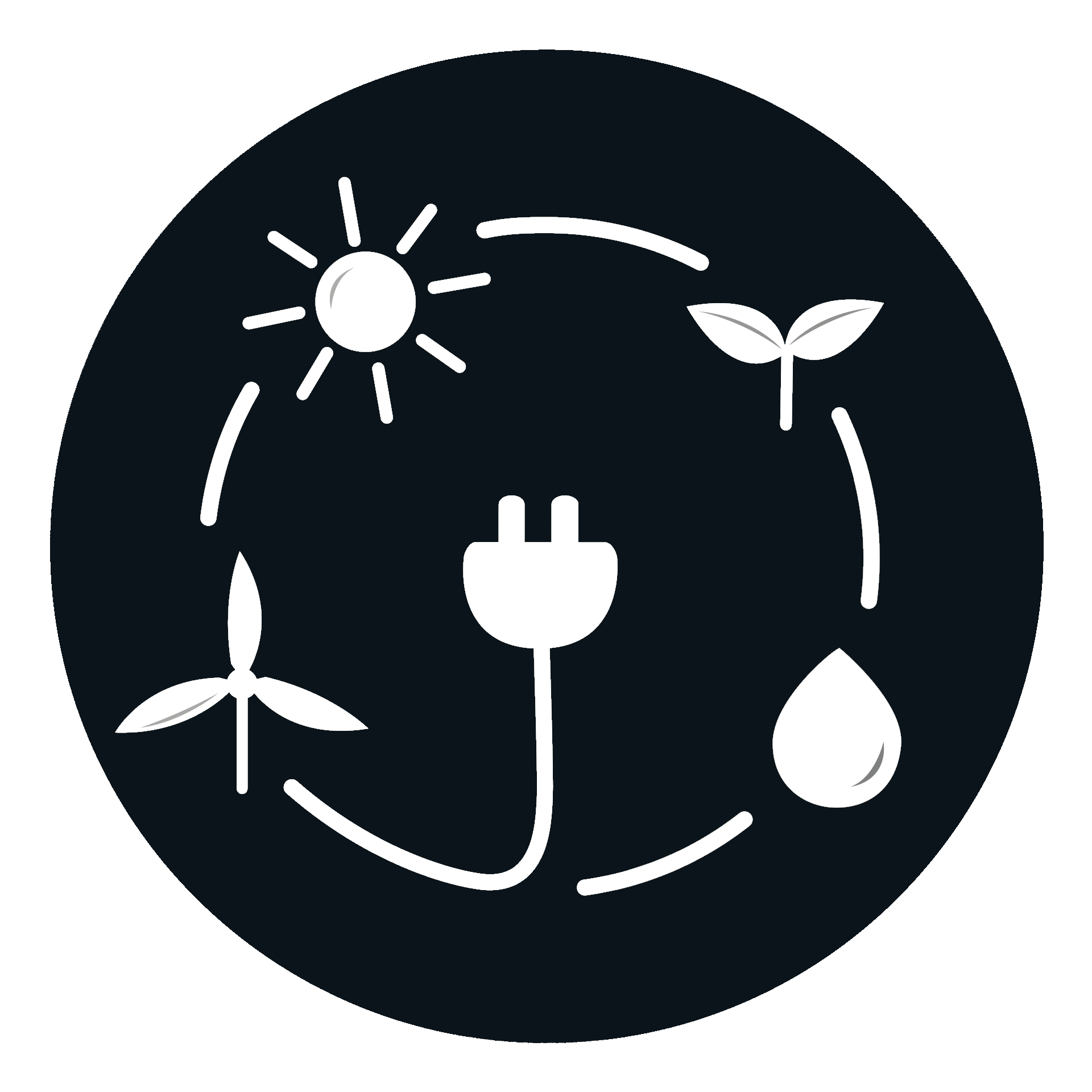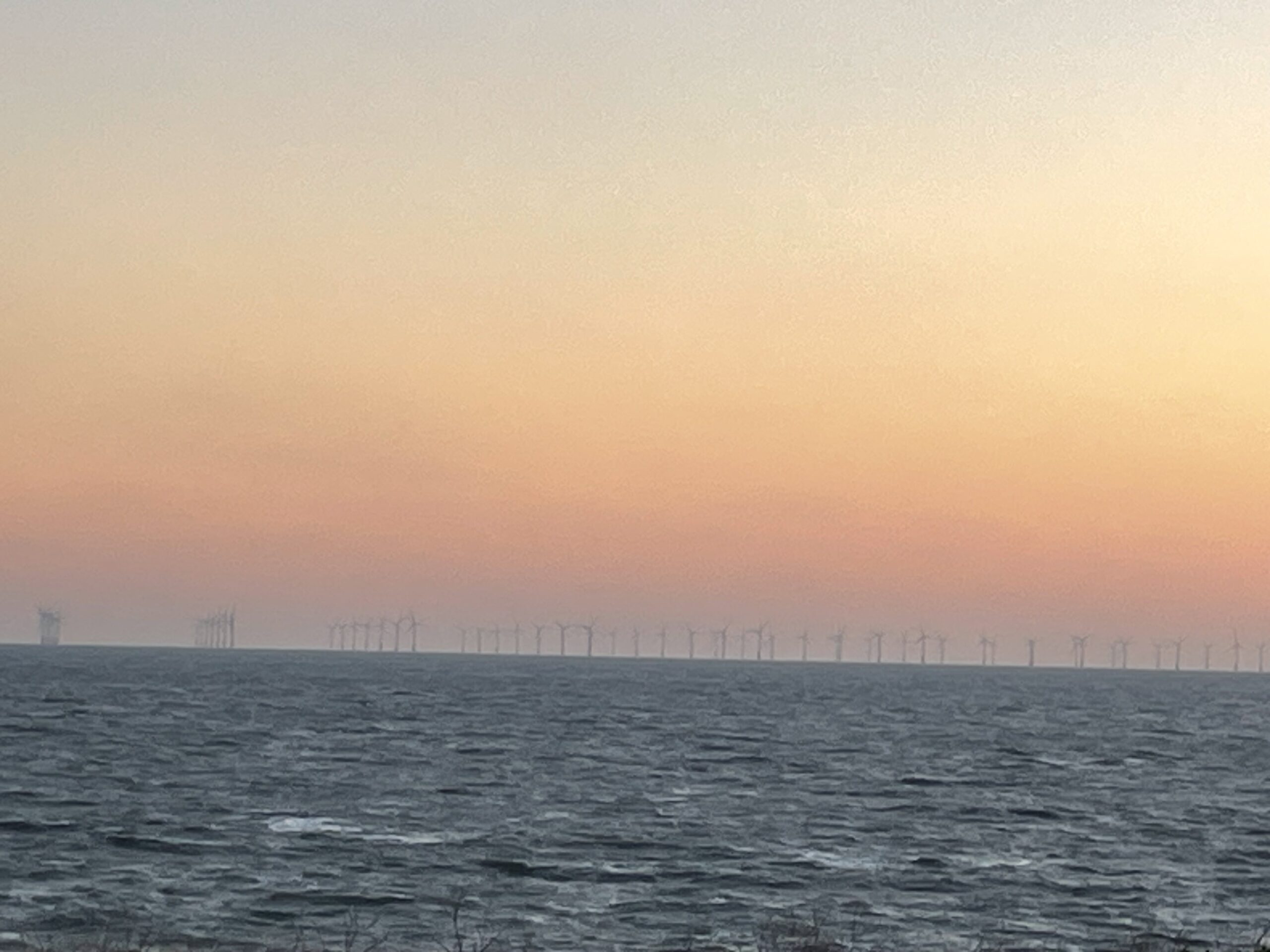The future of our global energy system is largely electrified, and that electricity will mostly come from solar or wind power. Both technologies are clean, cheap/very cheap and will get cheaper.
If you are a country with lots of wind and a bit of solar, (UK) or a country with lots of solar but little wind you are fine, if you have both, (Saudi Arabia) great. But, what if you aren’t strong in either, particularly landlocked countries? I am thinking of countries like Bolivia, Austria, Switzerland, the Slovak Republic and Slovenia, maybe even Japan and Germany for different reasons, (I know they aren’t landlocked.) How do they address the future?
Starting at the basic level of your energy system, assuming you want to have a zero carbon energy system, how will you have a secure and affordable energy system? You will always be able to generate some energy. Hydro is massive in Austria and Nuclear, is one option, Slovakia and Slovenia are big in that now. Switzerland uses both to have a very clean energy system. The problem is that hydro has huge environmental implications and is restricted to small geographies, and nuclear is politically resisted in many places and/or declining, (Switzerland, Germany).
Even if you do go big on those technologies, you are locking your increasingly electrified energy system into supply that will be more expensive than those places with super cheap solar/wind power. That may be fine for day to day energy demand, but it has a fundamental impact on your ability to compete in energy intensive industries. Currently gas and oil prices tend to be global or at least regional, so it is possible to compete in energy intensive industries even if you don’t have cheap domestic energy. If your energy system is dependent on nuclear or new hydro then your electricity prices will be more local and much more expensive than in places like the Middle East, Africa, Australia.
The other option is just to use inter-connectors providing cheap solar and wind power through countries on HV lines. There is already a large system of interconnectors in Europe, with countries importing and exporting electricity, (France’s nuclear fleet and Norway’s hydropower are big examples.) This can grow, but the issue is that this has been on a voluntary basis up to now; a country could always use oil, coal or gas fired generation if it wanted to do so. That isn’t an option in the future, if you want to meet GHG emission reduction targets. For some countries, that will mean importing most of their electricity.
I have said before that electrification of most things and the renewable energy generation revolution will herald a qualitative shift to an energy system that always gets cheaper. It will reduce geopolitical tension and leverage, as generation will be more widely distributed. That said, if you are a country that has a future of being reliant on electricity imports, it will have fundamental implications for your industrial strategy around energy intensive industries and how you approach energy security.


Leave a Reply